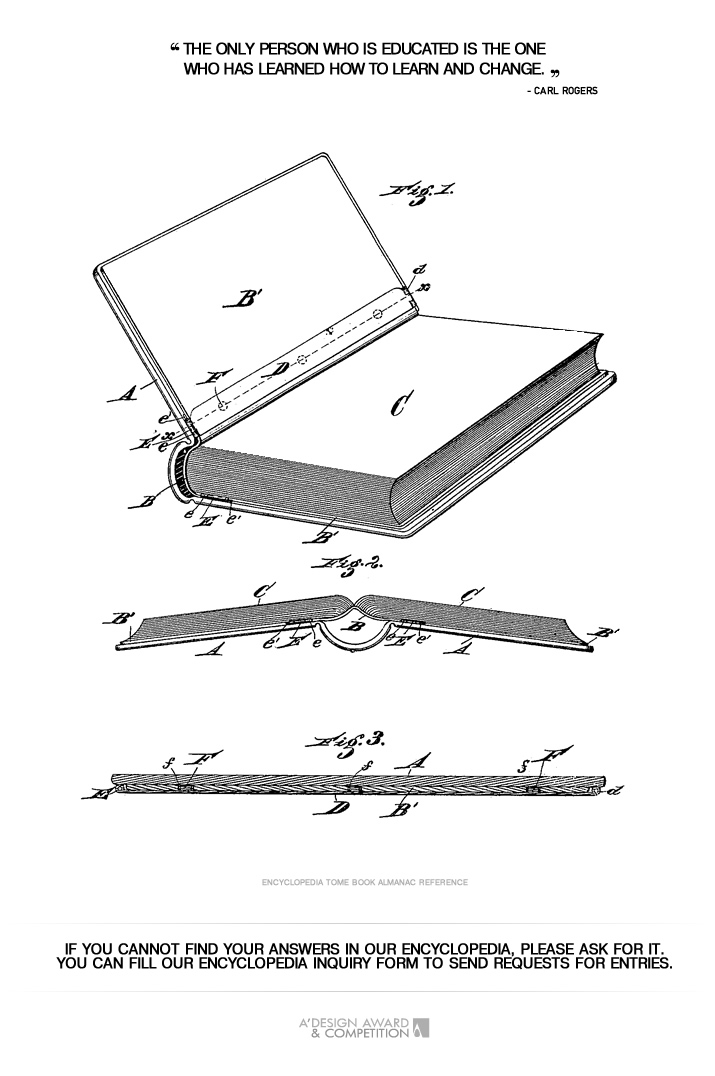
| THE AWARD |
| CATEGORIES |
| REGISTRATION |
| SUBMIT YOUR WORK |
| ENTRY INSTRUCTIONS |
| TERMS & CONDITIONS |
| PUBLICATIONS |
| DATES & FEES |
| METHODOLOGY |
| CONTACT |
| WINNERS |
| PRESS ROOM |
| GET INVOLVED |
| DESIGN PRIZE |
| DESIGN STORE |
| THE AWARD | JURY | CATEGORIES | REGISTRATION | PRESS | WINNERS | PUBLICATIONS | ENTRY INSTRUCTIONS |
Program Failure - Entry #479246 |
Home > Design Encyclopedia > 479246 |
 Program Failure
Program Failure
Program Failure is a critical occurrence in system design where software, applications, or digital systems cease to function as intended, resulting in unexpected termination, malfunction, or complete operational breakdown. This complex phenomenon encompasses various technical and design-related issues that can stem from multiple sources, including poor architectural planning, inadequate error handling, memory management problems, or incompatible system interactions. In the context of design systems, program failures represent significant challenges that require careful consideration during both the initial development phase and ongoing maintenance cycles. These failures can manifest in various forms, from minor glitches affecting single functions to catastrophic system-wide crashes that compromise entire operations. The design implications of program failures extend beyond mere technical considerations, as they directly impact user experience, system reliability, and overall product integrity. Contemporary design approaches address program failures through robust error prevention mechanisms, comprehensive testing protocols, and fail-safe design principles that anticipate potential points of breakdown. The evolution of system design has led to sophisticated methodologies for failure prevention, including redundancy systems, graceful degradation protocols, and user-friendly error reporting mechanisms that can be submitted to design competitions such as the A' Design Award's Digital and Electronic Devices Design Category. The significance of program failure in modern design extends to considerations of user safety, data security, and system resilience, making it a crucial focus area for designers and developers working on digital products and services.
Author: Lucas Reed
Keywords: System crash, error handling, debugging, system reliability, fault tolerance, exception management, software architecture, user experience design
 About the Design+Encyclopedia
About the Design+EncyclopediaThe Design+Encyclopedia is a crowd-sourced reference of information on design. Unlike other crowd-sourced publications on design, the Design Encyclopedia is edited and actively monitored and publishing is only possible after review of submitted texts. Furthermore, editors of the Design Encyclopedia are mostly consisting of award winning designers who have proven their expertise in their design respective fields. Information posted at design encyclopedia is copyrighted, you are not granted a right to use the text for any commercial reasons, attribution is required. If you wish to contribute to the design encyclopedia, please first register or login to A' Design Award and then start a new design encyclopedia entry.

If you did not find your answer, please feel free to check the design encyclopedia for more entries. Alternatively, you can register and type your own definition. Learn more about A' Design Award's Design+Encyclopedia.

